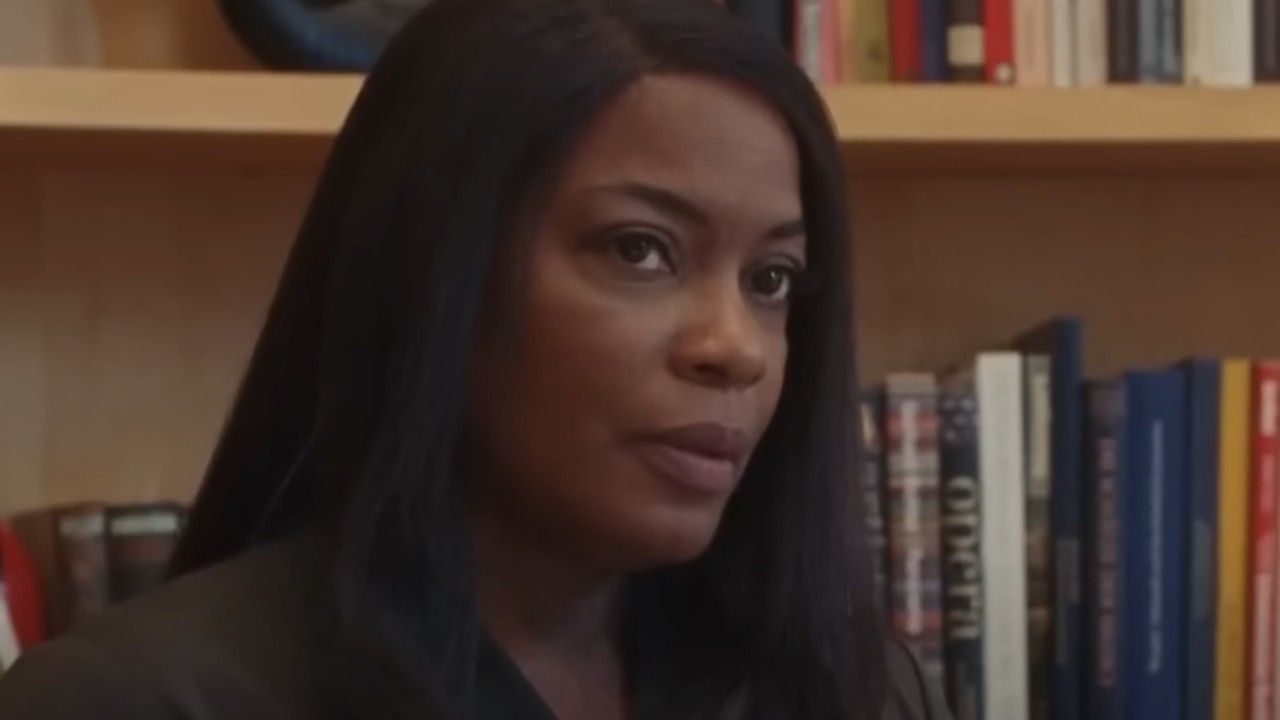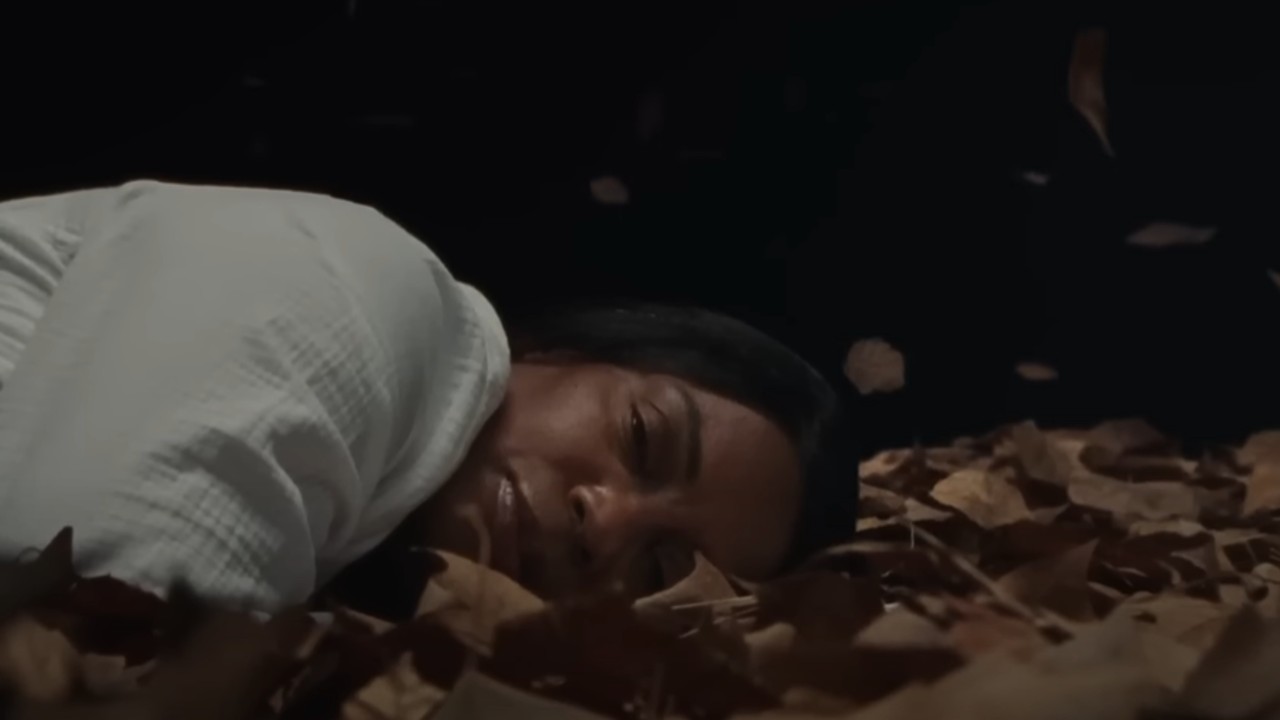
Major, major spoilers for Ava DuVernay’s Origin are ahead. If you have not seen this project on the 2024 movie schedule, you can watch it in theaters now.
In Ava DuVernay’s deeply emotional film Origin, we see Aunjanue Ellis-Taylor’s character Isabel grieve personal losses as she conducts game-changing research about the caste system. Rather than letting the grief consume her, Isabel harnesses it and uses it to drive her work forward. This eventually leads to the discovery of many vital stories about how caste has negatively affected society, and the publication of the best-selling novel Caste: The Origins of Our Discontents. One way we see this author emerge from this arduous journey is through two parallel scenes at the beginning and end of the film, and DuVernay broke down their connection and importance.
During an interview with CinemaBlend, Ava DuVernay told me about a vital connection between two identically framed scenes in Origin where Isabel is lying on the ground looking at the person next to her. Speaking about how these two scenes are connected thematically as well as visually, the 2017 Oscar nominee told me:
Well, thank you, you have a good eye, those are the same frames, and I wanted to make a connection between a moment of loss and a moment of renewal.
Broken down into its simplest form these two scenes show Isabel in her deepest moment of “loss” after she loses her husband and mother, and then her triumphant moment of “renewal” right as she finishes her research for her book.
In both moments she’s laying on the ground. In the first scene toward the beginning, she’s looking at her late husband and mother while lying on a bed of dead leaves (as you can see in the photo below) grieving. Then, in the second sequence, she’s on the ground again with bright green behind her, looking at a young boy who had just faced terrible discrimination, and telling him it will be all right.

These two deeply emotional moments are tied together by their framing, and DuVernay continued to explain why she wanted audiences to connect them, telling me:
So in the moment where she's lost her loved ones, and she's lying on her side, and her mother's hand reaches in to comfort her that she is experiencing absence at that moment. And when she reaches into comfort, the young boy Al Bright – it’s not a grandfather, but a young boy Al Bright – in that moment of his loss, that she provides a presence for him. And I think that's so much about what I'm hoping people gain from the film is a feeling of the ways in which we can be in community with one another. And so we tried to convey that visually through those frames. I'm so happy saw the connection.
As Ava DuVernay said, those two moments help communicate the overall goal of Origin. The film is inspired by the life of Isabel Wilkerson and her bestselling book Caste: The Origins of Our Discontents, which presents the theory that caste and its systems of hierarchy are one of the major reasons for prejudice and unjust treatment of people.
These two scenes, along with the film as a whole, propose the idea that the world would be a better place if we all embraced and supported one another. Isabel’s loved ones did that for her, and she did that for Al Bright in the final moments of the movie.
As you’ve likely learned if you’ve followed Ava DuVernay’s work, she makes films focused on themes of social justice. Origin is no different, and it’s through scenes like the two described above that this visionary director can create sweeping stories that are interconnected and show how powerful “community,” togetherness and acceptance can be.







